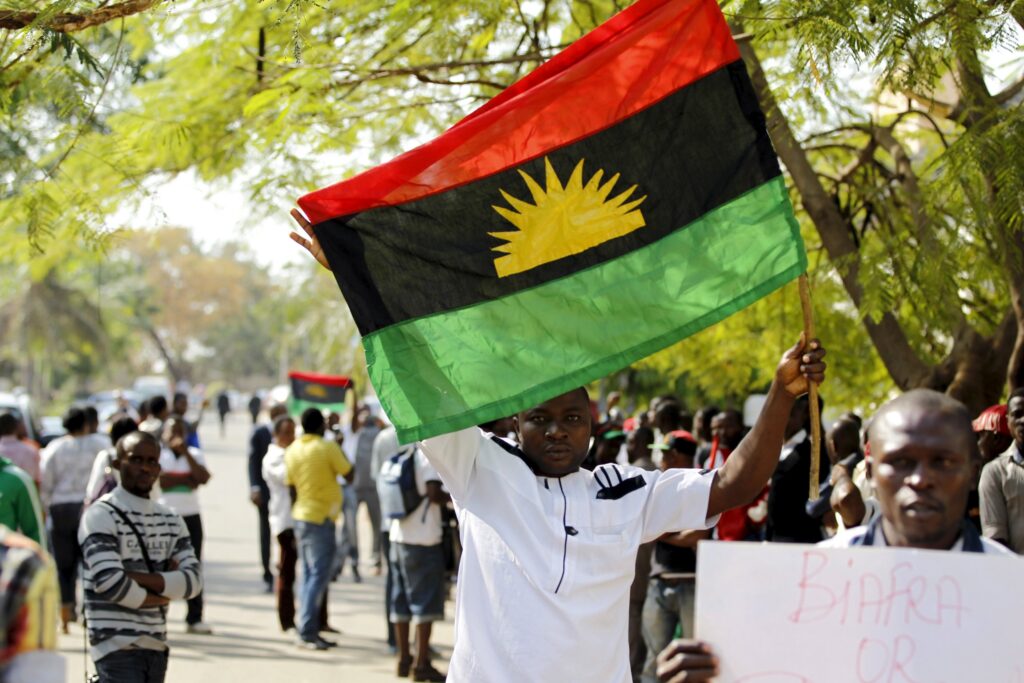I shall weave a tale of a land known as Biafra, a place steeped in history, aspirations, and a fervent yearning for independence.
Once upon a time, in the heart of West Africa, there lay a region called Biafra. It was a land rich in culture, traditions, and a people known for their resilience. The story of Biafra is one of dreams, struggles, and an unyielding desire for self-determination.
Many years ago, Biafra was a part of Nigeria, a nation formed through the amalgamation of diverse ethnic groups by the colonial powers. But within Biafra, a movement began to take shape. The people of Biafra, primarily of the Igbo ethnic group, felt a deep connection to their identity, their language, and their history. They yearned for a land where they could govern themselves and preserve their heritage.
In 1967, this yearning led to a declaration that shook the very foundations of Nigeria. Biafra’s leaders, led by Chukwuemeka Odumegwu Ojukwu, proclaimed the region as an independent republic. The stage was set for a conflict that would come to be known as the Biafran War, or the Nigerian Civil War. Lasting from 1967 to 1970, the war was a tragic chapter in the story of Biafra, marked by suffering, loss, and a struggle for survival.

Biafra’s desire for independence clashed with Nigeria’s determination to maintain its unity. The war was marked by intense fighting, humanitarian crises, and a global outcry for peace. Images of starving children and displaced families captured the world’s attention, and calls for a ceasefire grew louder. In 1970, the war came to an end, and Biafra was reintegrated into Nigeria.
However, the dreams of Biafra did not fade away. They lingered in the hearts of its people, passed down through generations. Over the years, the desire for self-determination continued to simmer beneath the surface. Movements advocating for Biafra’s independence emerged, with leaders like Nnamdi Kanu becoming prominent voices for the cause.
In the current stage of our tale, Biafra’s quest for self-determination has taken on a new dimension. Nnamdi Kanu, the leader of the Indigenous People of Biafra (IPOB), has captured the attention of many with his calls for a separate Biafran state. Through social media and grassroots campaigns, Kanu has reignited the flames of Biafra’s aspirations, drawing supporters and facing controversies along the way.
The Biafra of today is not just a geographical entity; it is a symbol of identity, a testament to the power of collective memory, and a reminder that the echoes of history resonate in the present. The movement for Biafra’s independence is complex, evoking emotions ranging from hope to skepticism. It has sparked discussions about self-determination, historical grievances, and the role of identity in shaping a nation’s destiny.
As the story of Biafra unfolds, its outcome remains uncertain. Will the dreams of a separate Biafran state be realized, or will the tale take a different turn? Only time will tell, but one thing is certain: the story of Biafra is one that continues to captivate, challenge, and inspire, reminding us of the power of human aspirations and the enduring quest for freedom.
situs slot gacor toto slot

